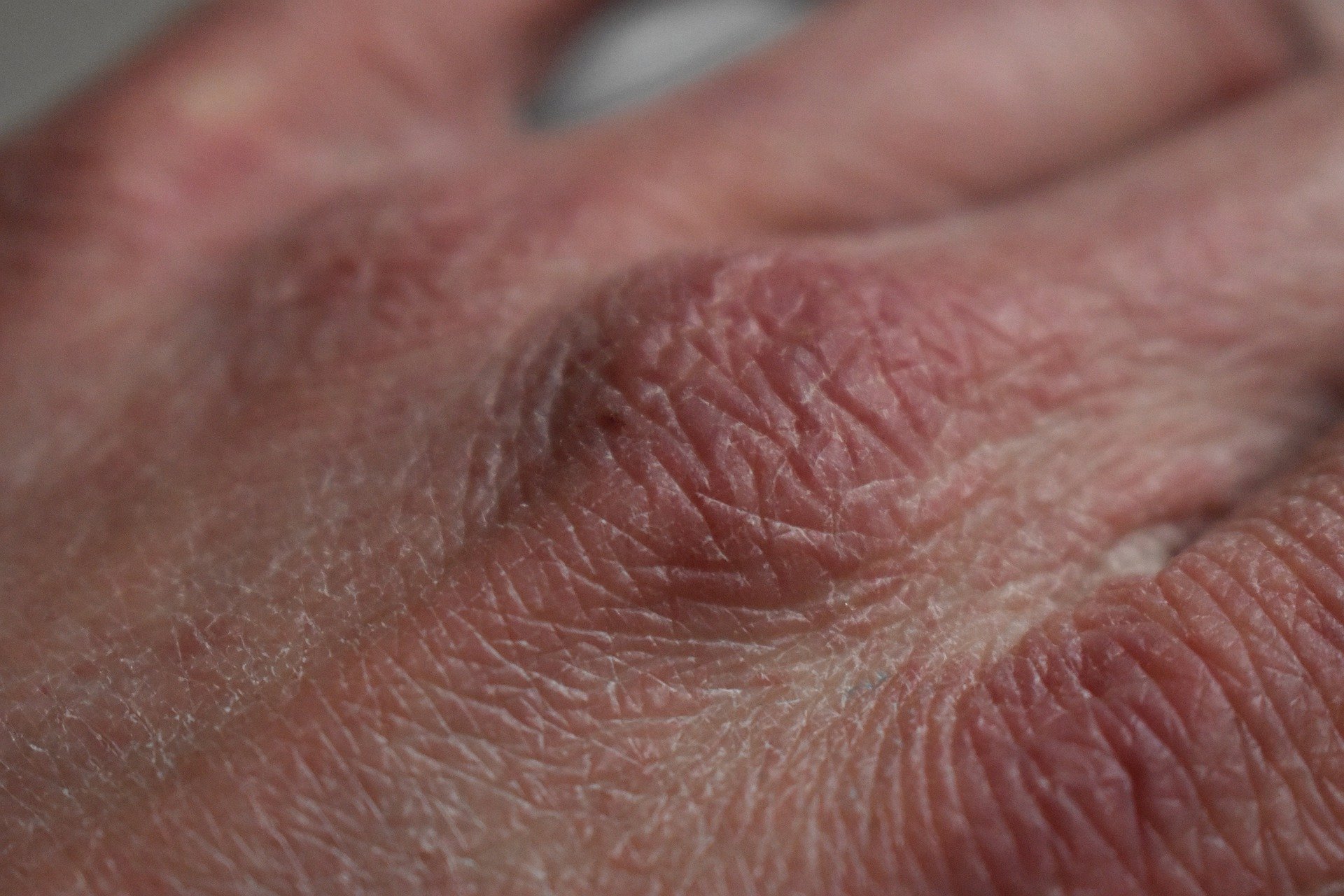Improve skin health
Health and fitness contributor
If the eyes are the window to your soul, then the skin is the window to your health and can often tell your life's story. From youth acne and deep cuts that left scars to dry, scaly or splotchy skin, medical experts claim that the skin can tell a lot about your history and current health status.
Learning your skin can help identify underlying problems that may present as changes in the tone, texture, elasticity or appearance.
The skin is the largest and heaviest organ in the human body even though it is only a few millimeters thick. Its primary role is to be a barrier, protecting the organs and tissues from outside elements and toxic substances. It also regulates body temperature and fluid and can produce hormones.
There are many factors that can impact the look of skin: genetics, aging, hormones, chronic illnesses, unprotected sun exposure, stress, lack of exercise, poor diet, dehydration, smoking, excessive alcohol consumption and a lack of sleep. Some of these you can control with the choices you make and others you can't.
The skin also plays a role in eliminating toxins. If the liver is not functioning properly, the toxins can build up in the skin, potentially causing problems like dermatitis, rashes, hives, eczema, rosacea or psoriasis. Changes in the skin start at a cellular level, suggesting that what you put in your body is just as important as the topical treatments placed on the skin.
There are plenty of diets available for improving skin health, but there has yet to be one agreed upon method among researchers, nutritionists and medical experts. Some claim that eliminating dairy, sugar or processed foods improves skin health while others claim that a vegetarian approach is best. So, it really becomes a personal preference and finding what works best for the results you are looking for.
One strategy that seems to be the most common for improving skin health is to support it with positive daily behaviors and habits:
- Consume a healthy, colorful diet;
- Drink water throughout the day;
- Reduce alcohol consumption;
- Stop smoking;
- Get plenty of sleep; and
- Exercise regularly.
Your skin is the most visible organ that not only protects you, but can also provide warning signs about potential underlying health problems. Some medical experts claim that many health conditions first show up as skin problems. While you should get regular skin checks by a physician, be sure to monitor changes regularly and contact your doctor if you notice anything that is a cause for concern.
Missy Corrigan is executive of community health for Sumter Family YMCA. She can be reached at mcorrigan@ymcasumter.org or (803) 773-1404.
More Articles to Read

